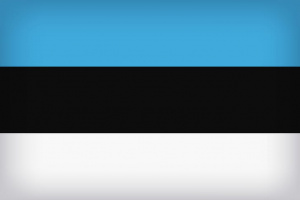Language/Standard-estonian/Grammar/Articles
< Language | Standard-estonian | Grammar
Jump to navigation
Jump to search
Rate this lesson:
Unlike English, there are no articles in Estonian
Examples[edit | edit source]
- Mees (the man),
- poisid (the boys)
- Naine (the woman),
- tüdrukud (the girls)
While we have (a / an / some) in English as indefinite articles, we can use mõni / mõned (some) in Estonian.
In general, whenever a/an or some are used in English, you either use the noun only or the noun is preceded by "mõni" (singular) or "mõned" (plural) to say the equivalent in English. "Mõni" is followed by a noun in the singular, "mõned" is followed by a noun in the plural but both imply the plural.
- raamat = a book
- maja = a house
- mõned sõbrad / mõni sõber = some friends
- mõned majad / mõni maja = some houses
Note that "mõni" / "mõned" takes the same case ending as the following noun:
- mõnest sõbrast = about some friends
- mõnedele sõpradele = to some friends
- mõnest majast = from some houses
- mõnedest majadest = from some houses
Sources[edit | edit source]
http://mylanguages.org/estonian_articles.php
Other Lessons[edit | edit source]


